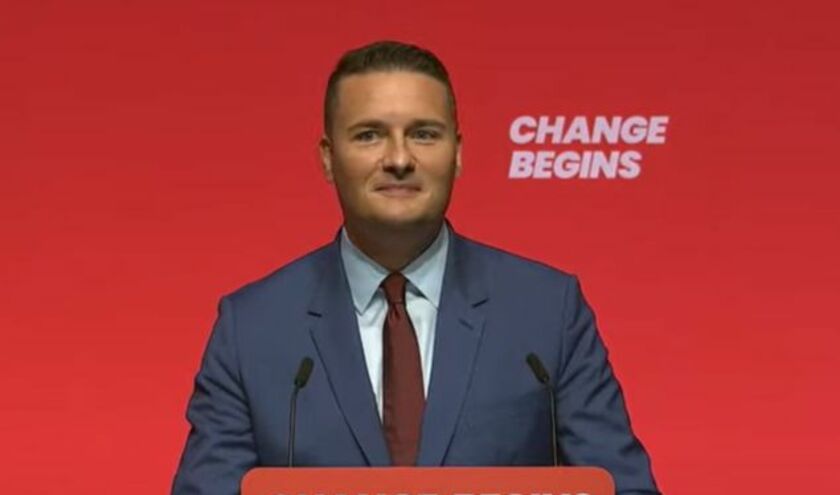The speech at the Labour annual conference followed rising concern that the uncompromising ‘broken' message delivered by Streeting was damaging NHS morale.
Streeting said reform began with ‘honesty', adding: ‘I won't back down. The NHS is broken but not beaten and together we will turn it around.
The health and social care secretary said the NHS must ‘reform or die', promising the Government would end the ‘two-tier system' in health care.
Citing the findings of the report by Lord Darzi report, Streeting said there were 100,00 young children waited for six hours in A&E last year, adding cancer was ‘more likely to be a death sentence here than in other countries', along with nearly 3m people off work sick, record waiting lists and record low patient satisfaction.
Streeting said reform had begun to provide 1,000 more GPs treating patients, ban junk food ads targeting children and the agreement to end the junior doctors strike in order to help deliver 40,000 extra appointments a week.
The health and social care secretary revealed the first 20 hospitals targeted by top clinicians to roll out reforms to treat more patients and cut waiting lists would be in the areas with the highest number of people off sick, promising to ‘get sick Brits back to health and back to work'.
He also acknowledged that Labour could not fix the crisis in the NHS without fixing the crisis in social care, adding a fair pay agreement for social care workers would be the ‘first step towards building a National Care Service'.
The secretary of state promised to make the NHS ‘fit for the future with a 10-year plan focuses on prevention, the community, digitisation and a National Care Service, to ‘end two-tier healthcare in our country for good'.
‘Our 10-year plan will give all patients, rich and poor alike, the same information, the same choice and the same control,' Streeting said.
He said patients should be able to choose to go to the private sector for free at the point of need in care paid for by the NHS where there was capacity.
Streeting said the UK was ‘in the foothills of a decade of national renewal', concluding: ‘We are the generation to take the NHS from its worst crisis in its history to build an NHS fit for the future.'



